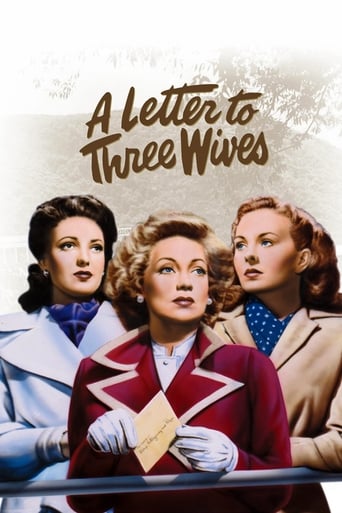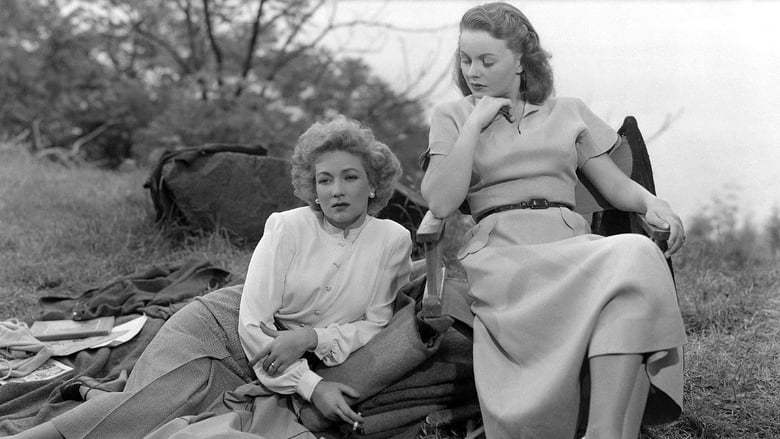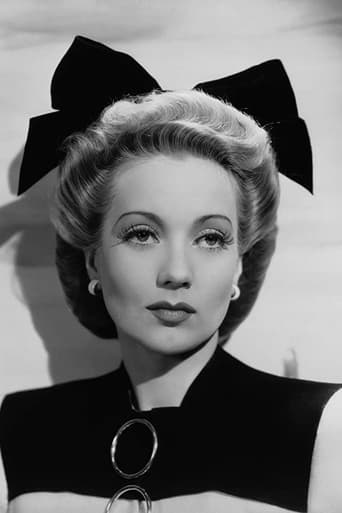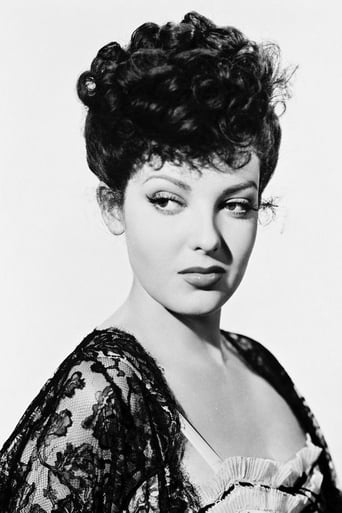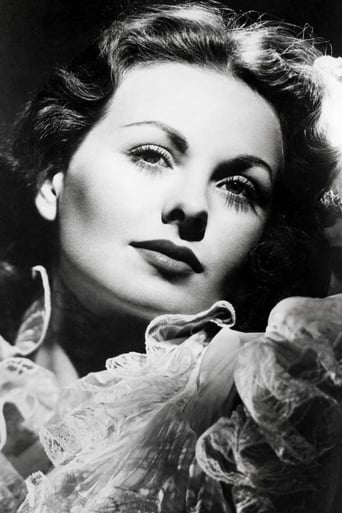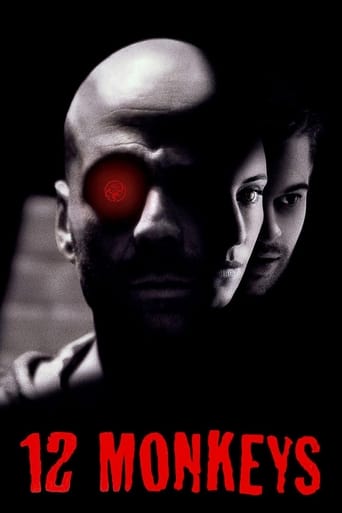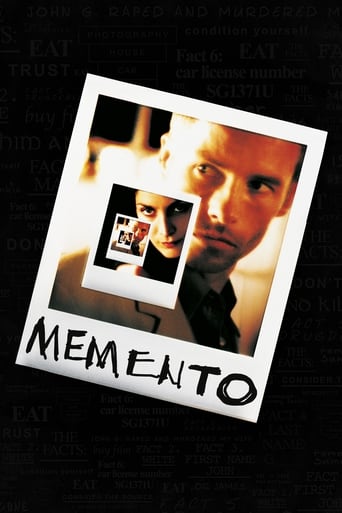A Letter to Three Wives (1949)
A letter is addressed to three wives from their "best friend" Addie Ross, announcing that she is running away with one of their husbands - but she does not say which one.
Watch Trailer
Free Trial Channels
Cast


Similar titles
Reviews
terrible... so disappointed.
While it doesn't offer any answers, it both thrills and makes you think.
The movie's neither hopeful in contrived ways, nor hopeless in different contrived ways. Somehow it manages to be wonderful
It really made me laugh, but for some moments I was tearing up because I could relate so much.
I've always found this movie rather overrated.First, Addie Ross herself sounds like a vain and tiresome woman, and it is impossible to imagine her, as presented, getting involved with either Jeffrey Lynn or Paul Douglas. Nor is it possible to imagine any of them leaving their law practice/tenured position/retail chain and houses and running away with Addie. Why? when she's already right there in town? (Now running away with Linda Darnell ... maybe.) The actual letter itself is merely bad manners on an epic scale, and not at all what one would expect this self-confessed paragon to be up to.The first act, with Lynn and Jeanna Crain, is very over-written: again, it is impossible to believe in Jeanne Crain being so gauche after just finishing several years in the Navy, from whence one would expect her to come out pretty brisk, and certainly self-confident, and the silly business with the silly flower on the silly dress is high-school stuff. The second act is merely preposterous, starting with the very idea of Kirk Douglas being married to Ann Sothern, continuing with Sothern doing what she does for a living while Kirk does what he does for a living, and terminating with the ludicrous concept of entertaining the sponsor, which would be smoothly handled by the network management, not left as a risk in a college town home with a mad professor running amok. Again, this act is badly over-written, and the sponsor and her bad behaviour are beyond parody. And Kirk should already know better than to play his precious Brahms 78 (?) to the sponsor.The movie only really gets going in Act 3 with Paul Douglas and Linda Darnell going at it hammer and tongs. Darnell is priceless ('it's not a drive in') as the small-town bombshell, and all the family stuff is very well done.There are other good moments in the film, such as the terrible picnic, the terrible country club, and aspects of the small town setting, but overall it's a long wait for the fun to start. Until then, credulity is strained at every turn, and the talking never ceases.
Where to begin to praise this fantastic picture? The dialogue is witty and sharp, the situations wonderfully true and the performances by almost all exceptional. Modern technology has made the basic premise of three woman isolated from communicating with their husbands for a day pretty much obsolete but that just makes this all the more enjoyable. The segment with Jeanne Crain and Jeffrey Lynn is not bad but is the weakest of the three since they are the least charismatic performers but the theme of insecurity due to a perceived feeling of inferiority between partners in a marriage is as relevant today as then. Ann Sothern and Kirk Douglas are perfectly matched in their portion and ably abetted by the hilarious Thelma Ritter. The insights into the struggles between education versus crass commercialism are sadly contemporary even if now it is TV and the internet that is dumbing down the nation instead of radio as presented here. The real golden couple and the pair who walk off with the picture are Paul Douglas and, in the best part she ever had, Linda Darnell. She is Oscar worthy here and the fact that she was overlooked for even a nomination is a travesty, yet another example of a quality performer who was never given her due. True the words are there for them to feast on and what a banquet they make. They share a cynical outlook and delivery which puts bite into every word and while it is mostly employed to comic effect beneath their hesitant defensive dance is an obvious feeling which each is too afraid to show. It lends a wonderful poignancy anytime they appear and makes them stand out not just in their part of the film but in what they add to the others. Connie Gilchrist as Linda's mother also makes the most of one of her best roles, she and Thelma Ritter are a brilliantly comedic team! The unseen Celeste Holm was the perfect choice for the narrator, her silky, venomous delivery tells you all you need to know of the mantrap Addie Ross. Mankiewicz deserved his Oscar for making the whole jigsaw fitted together superbly and never letting interest in these people lag for a minute. If you haven't seen this you are missing a great film.
First off, I think this is a good film. I'm in agreement with that.But from my perspective, this is not a comedy...as Robert Osborne describes it. One reviewer here suggested it is a satire. Well, maybe; I'll have to think that over. To me, it was a drama. Yes, there is humor in it. But, what exactly is funny about three women spending an agonizing day wondering if it is their husband who has run away with their best friend...wondering if it is their marriage that has ended...and unable to do anything about it because they are on tour boat of the Hudson River chaperoning a field trip? Wife #1 is Jeanne Crain. A country girl who grew up and had a seemingly good marriage. Her husband is away on an overnight business trip. Crain is excellent...as she always was. No humor there.Wife #2 is Ann Southern, who is married to a rather young Kirk Douglas. This is Douglas before he got intense...here he's a bit more of the flip type, though he's also serious about the change that has come over his wife...that she's gotten too wrapped up in her job as a script writer, and has forgotten her roots and what their marriage in based on. Yes, there's a little humor here, but it's none to funny as Douglas tells off his wife's boss. BTW, Douglas is great, but this film is apt to remind moviegoers just how good Ann Southern really was. Her t.v. years later out-shined her movie success, but she was an excellent actress.Wife #3 is Linda Darnell. Not really a favorite of mine. But here, she is quite good as a floozy who catches a department store magnate in a marriage that seems off-base, but -- much to their own surprise -- gives each what they need. There is some humor here, but it's also very difficult to like Darnell's character, or for that matter Douglas'. Where should the sympathy go? And, in the end it turns out that Douglas was the husband who ran away with "the other woman", but then changed his mind.The other performance of note here is Thelma Ritter, as always old reliable. Connie Gilcrist and Florence Bates were also fine in their roles here.The script is very good as each wife spends some time thinking back to why it might be her husband that has run away with another woman.Well worth watching, and a possibility for your DVD shelf!
This superbly written and acted soap opera brought writer/director Joseph L. Mankiewicz Best Director and Best Screenplay Oscars the year before he repeated the exact same wins with "All About Eve," to my knowledge the only time that's happened.Jeanne Crain, Ann Sothern and Linda Darnell play three friends who go off on a children's' outing for the day. Before they leave, they receive a letter from the fourth member of their circle, the enigmatic Addie Ross, who tells them she has run off with one of their husbands. The rest of the film plays out like a murder mystery, each woman thinking back over her marriage and wondering if her husband's the guilty party.In both this and "All About Eve," Mankiewicz proved himself to be a wonderful writer for women. He had a knack for addressing some of the negative aspects of the female personality, but in a way that felt honest rather than stereotypical. Many of the usual "types" are present in this film -- the career woman, the golddigger, the man stealer -- but the women themselves are so richly written that they're not easily pigeonholed. Crain plays the country bumpkin who feels inadequate among her affluent husband's set; Sothern is the working woman who begins to lose her identity to a job; Darnell is the aforementioned golddigger who treats marriage like a business deal. All three actresses give lovely performances, especially Sothern and Darnell, and the film builds a great deal of suspense as it works toward its revealing conclusion.The supporting cast features Kirk Douglas and Paul Douglas as two of the husbands; Thelma Ritter, unsurprisingly stealing scenes as Sothern's maid; and Celeste Holm, heard but never seen as the voice of Addie Ross.Grade: A+

